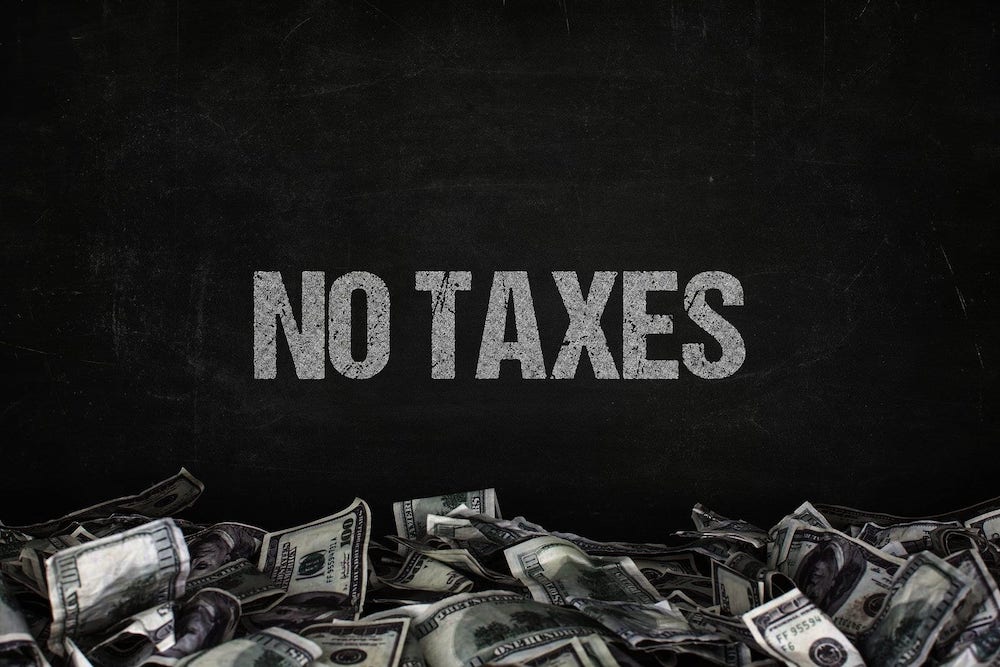The El Salvador government has once again shown its commitment to supporting the growth of technological advancements. This time, the country has introduced a new law that abolishes taxation on technology innovations.
Taxes on Tech Innovations Abolished
According to a Twitter post from El Salvador’s president, Nayib Bukele, the latest law is called the Innovation and Technology Manufacturing Incentives Act. Under the new legislation, no taxes will be imposed on “income, property, capital gains, and import tariffs.”
Bukele noted that the new endeavor cuts across tech innovations such as “software and app programming, artificial intelligence (AI), computer, and communications hardware manufacturing.”
Notably, the latest legislative action by El Salvador is one that its president has hinted at previously. In late March, Bukele tweeted that he would send “a bill to Congress to eliminate all taxes” involving technological developments.
With El Salvador sweeping tax evasion in the tech industry, more tech companies will likely enter the country. This is especially needed to grow the tech ecosystem which has suffered from tax crackdowns from other government authorities.
This is not the first time the country has made a move towards attracting investors from around the world. After situating itself as the first country to embrace Bitcoin as a legal tender, El Salvador caught the interest of foreigners who toured the country.
What Does This Mean for Crypto?
Although Nayib Bukele’s post didn’t specify how the latest legislature will affect the crypto industry in particular, the asset class will likely benefit from the innovation.
Since crypto and blockchain are part of tech advancements, El Salvador’s tax authority would not tax users on profits derived from trading activities. Also, crypto-focused companies within the country may likely not be imposed with taxes like other countries. In the U.S., financial regulators have continuously probed crypto custodians to investigate tax-related matters involving citizens.










